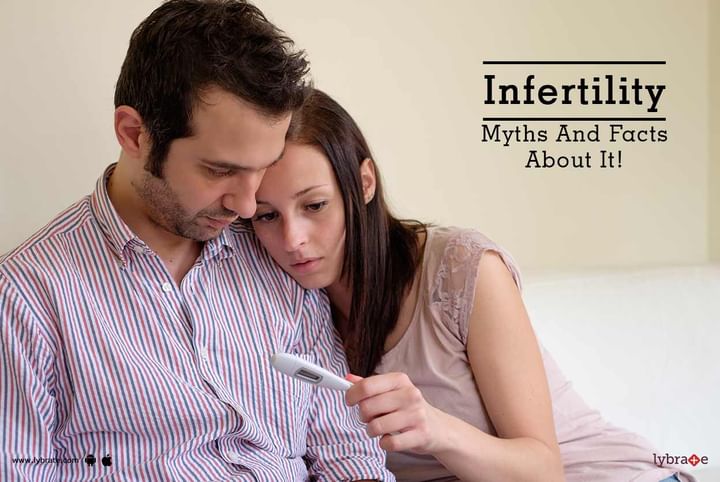Infertility - Myths And Facts About It!
Pregnancy is something, which is quite divisive. The mere prospect of it can really go a long way in scaring people. At the same time, for some others, giving birth to a baby can be the primary cause for a lot of happiness. When a couple is having trouble conceiving, infertility is usually the reason why there is a relationship strain between the two of them. Considering this, doesn’t it make sense to learn a bit about infertility and the truth to all that is said about it so as to separate the wheat from the chafe?
To start with, it is often said that when there is an infertility issue, it is probably due to the lack of fertility of the woman rather than the man. However, this is pretty untrue. It has been found that both men and women are responsible for infertility almost equally. In fact, according to a study, in about a fifth of the cases of infertility, the reason for it was that both the man and the woman were not fertile.
Many people say that, if a woman wishes to have a baby, she should do so before she crosses the age of 35. This is true to some extent as the chances of a woman conceiving do fall to a significant extent after the age of 35. As a matter of fact, a woman can expect to reach the peak of her fertility while she is in her twenties, itself!
Without a shadow of doubt, having sex around the time of ovulation is the key to getting pregnant. However, it is believed by a large number of people that there is no chance of getting pregnant if sex is had too soon or too late after ovulation as sperms only live for a few hours after an intercourse. The truth is that the sperms have the ability to live for several days.
When planning to conceive, many women believe that for about a quarter of a year or three months after they stop making use of the birth control pill, they will not be able to get pregnant. The good news for them is that as soon as the pill is stopped, the levels of a woman’s hormones return back to their pre-pill levels almost immediately and ovulation can be expected to occur at the time of their following cycle.



+1.svg)
